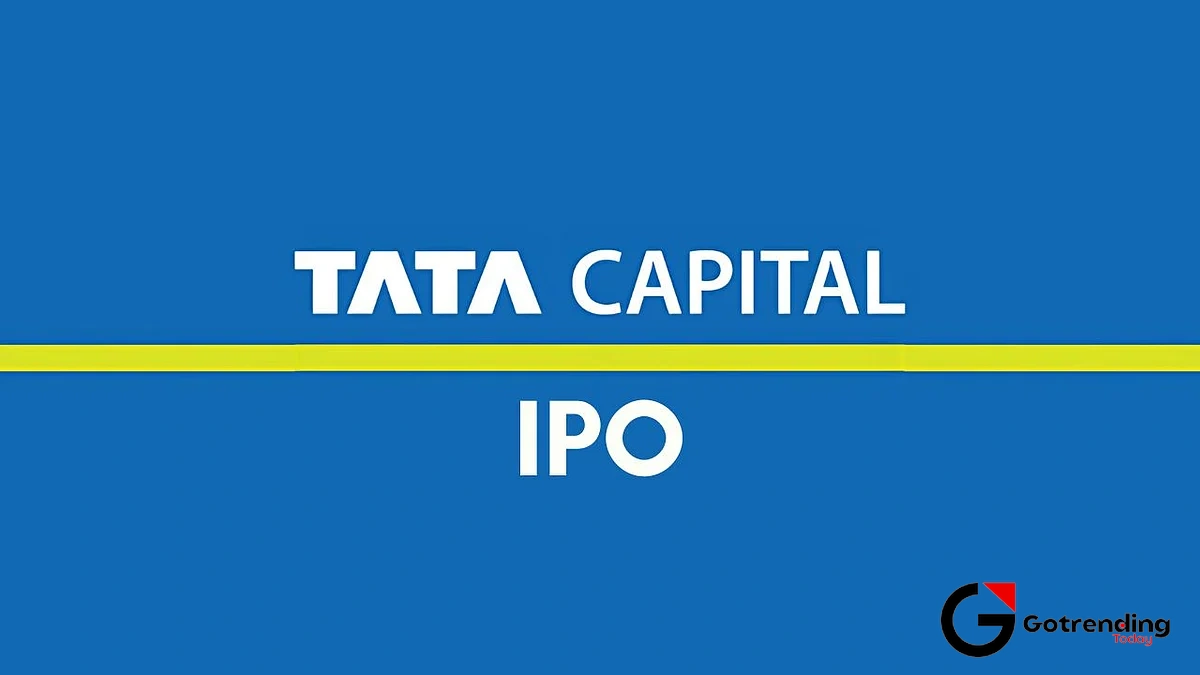The MCX Share Price Drama | Why One Stock’s Headache is a Story About Modern India
Alright, pull up a chair and let’s talk about one of the most fascinating, frustrating, and downright dramatic stocks on the Indian market right now: MCX. If you’ve glanced at the mcx share price recently, you’ve probably seen more ups and downs than a Bollywood thriller. One day it’s soaring, the next it’s tumbling. It’s enough to give even a seasoned investor whiplash.
But here’s the thing. This isn’t just a random fluctuation. It’s not just about numbers on a screen. The story of MCX’s wild ride is a powerful, real-time case study on technology, ambition, regulatory muscle, and the often-messy business of nation-building in the digital age. It’s a story that goes far beyond the trading terminals.
So, forget the boring news reports for a second. Let’s unpack what’s really going on. Why is this one company causing such a stir, and what does its struggle tell us about where the Indian market is headed?
First, What Exactly is MCX and Why Should You Care?

Before we dive into the drama, a quick refresher. Think of the Bombay Stock Exchange (BSE) or the National Stock Exchange (NSE) where you buy and sell shares of companies like Reliance or TCS. Now, imagine a similar exchange, but instead of company shares, you’re trading in “stuff.”
That’s MCX India . It stands for Multi Commodity Exchange of India Ltd. It’s the country’s largest commodity derivatives exchange. This is the place where traders, jewellers, industries, and speculators bet on the future prices of gold, silver, crude oil, natural gas, cotton, and a whole lot more. It’s a vital cog in the Indian economic machine. The price of gold you see on the news? The cost of raw materials for industries? MCX plays a massive role in discovering those prices transparently.
For years, MCX was a market darling. It had a near-monopoly, a license to print money, and a stable, predictable business. Its stock was what analysts call a “great compounder.”
And then, the music stopped. Or rather, they tried to change the DJ, and the new one couldn’t get the equipment to work.
The Elephant in the Room | The Billion-Rupee Tech Headache

Here’s where the plot thickens. The core of MCX’s recent turmoil boils down to one, gigantic, incredibly complex issue: a technology platform migration.
For over a decade, MCX’s trading software was run by a company called 63 Moons Technologies (which you might remember by its old name, Financial Technologies). This was the engine under the hood the system that processed every single trade. But for various strategic and cost-related reasons, MCX decided it was time to move on and build its own house. They awarded a massive contract to India’s IT behemoth, Tata Consultancy Services (TCS), to build a brand new Commodity Derivatives Platform (CDP).
Sounds like a smart move, right? Modernize, take control of your own tech, and reduce long-term costs. On paper, it was perfect.
In reality, it’s been a spectacular mess.
The transition, which was supposed to be smooth, was plagued by repeated delays. Deadlines were announced, and then missed. The market regulator, SEBI, got involved, demanding answers. Every time a new “go-live” date was postponed, investor confidence took a hit. This wasn’t just a simple software update; it was a heart transplant for the entire Indian commodity market, and the patient kept getting cold feet. The core question on everyone’s mind was: are they ready?
When the new TCS platform finally went live in October 2023, the problems didn’t stop. Brokers reported glitches, login issues, and trade processing errors. This is the ultimate nightmare scenario. For a financial market, trust and stability are everything. When brokers can’t trade reliably, their clients lose money, and faith in the entire system erodes. This is the central reason behind the question, ” why is MCX stock falling ?” It’s a direct consequence of these MCX new platform issues .
Connecting the Dots | How Glitches and SEBI Scrutiny Tanked the Stock

Let’s be crystal clear about how this tech trouble translates into a falling share price.
- Uncertainty and Loss of Confidence: The market hates uncertainty more than anything else. The repeated delays and post-launch glitches created a massive cloud of doubt. Is the platform stable? Will it fail during high volume? This uncertainty makes investors nervous, and nervous investors sell.
- Financial Bleeding: This tech fiasco hit the company’s bottom line directly. MCX was forced to keep paying its old vendor, 63 Moons, for extensions while also paying TCS for the new platform. It was like paying rent on two houses at once—a huge, unforeseen cash burn that spooked shareholders.
- Regulatory Heat: When you run a critical market infrastructure, SEBI (Securities and Exchange Board of India) is your ultimate boss. SEBI’s repeated interventions, public displeasure with the delays, and the eventual imposition of penalties sent a strong signal: the regulator was not happy. This SEBI and MCX tension is a major red flag for investors, hinting at deeper operational problems.
- Reputational Damage: For years, MCX was the gold standard for commodity trading India. This episode has tarnished that reputation. While there are no major competitors right now, a weakened leader always invites challengers.
So, when you see a sudden drop in the mcx share price , it’s often not a random market move. It’s a direct reaction to a news report about a new glitch, a regulatory query, or a broker association complaining about the system’s stability. It’s a real-time sentiment meter for this ongoing tech crisis.
A Red Flag or a Contrarian Bet? The Great Analyst Debate
This is the big question every investor is wrestling with. Is MCX a falling knife you shouldn’t try to catch, or is this a temporary problem creating a long-term buying opportunity? Let’s look at both sides, just like any good analyst would.
The Bear Case (The “Stay Away” Argument): The bears argue that these tech issues are not superficial. They point to a potential failure in project management and corporate governance. If they couldn’t handle a planned transition, what other problems are lurking beneath the surface? The regulatory overhang is serious, and any future penalties or restrictions from SEBI could further impact profitability. It’s a high-risk, high-drama situation. Analyzing this drama is a bit like reading thelatest news on a transportation strike; operational failures have massive ripple effects.
The Bull Case (The “Long-Term Story” Argument): The bulls see things differently. They argue that MCX still holds a virtual monopoly in a sector that is crucial to India’s economy. These tech problems, while painful, are temporary. Once the TCS platform is fully stabilized and a giant like TCS will eventually get it right MCX will emerge with a modern, future-proof system that it fully controls. They believe the current low price is a reaction to short-term noise, ignoring the powerful, long-term fundamentals of the business. It’s a bit like analyzing a complex tech company; the short-term issues can mask long-term potential, a lesson one can draw from adeep dive into a company like Qualcomm.
I initially thought this was a straightforward tech-failure story. But the more I look, the more it feels like a stress test. A stress test of MCX’s management, of TCS’s implementation capabilities, and of SEBI’s regulatory oversight. The outcome will have long-lasting implications.
Frequently Asked Questions (The Stuff You’re Probably Wondering)
So, what exactly does MCX do again, in simple terms?
MCX is a market where people buy and sell contracts for the future delivery of commodities like gold, crude oil, and cotton. It helps industries hedge against price risks and helps in discovering the fair price of these essential goods.
Why did MCX have to change its software in the first place?
The primary reasons were to gain full control over their core technology, reduce long-term operational costs paid to their previous vendor (63 Moons), and to build a more modern, scalable platform for future growth.
Is the new MCX platform working properly now?
This is the key question. MCX and TCS have stated that the major issues have been resolved and the platform is stable. However, some market participants and broker forums occasionally report intermittent issues. The general consensus is that it’s much better, but perhaps not yet 100% perfect.
What is SEBI’s role in all of this?
SEBI is the market regulator. It’s their job to ensure that exchanges like MCX operate in a fair, transparent, and stable manner to protect investors and market integrity. They approve the technology, monitor its performance, and can penalize the exchange for failures.
Will the MCX share price recover?
That’s the multi-billion dollar question. A recovery depends almost entirely on the company demonstrating sustained, error-free performance on its new tech platform and rebuilding trust with investors and traders. If they can do that, the underlying business is very strong.
Where can I track the live mcx share price?
You can track the live price on major financial news websites like Moneycontrol, Investing.com, or directly on theofficial MCX websiteand NSE/BSE portals. Just search for the ticker “MCX”.
Watching the MCX latest news and its stock price is no longer just about finance. It’s about watching a crucial piece of India’s market infrastructure being rebuilt in public view, with all the associated pains and triumphs. It’s a reminder that progress, especially in technology, is rarely a straight line. It’s often a chaotic, two-steps-forward, one-step-back dance. And for now, the whole market is watching to see if MCX can finally find its rhythm.













